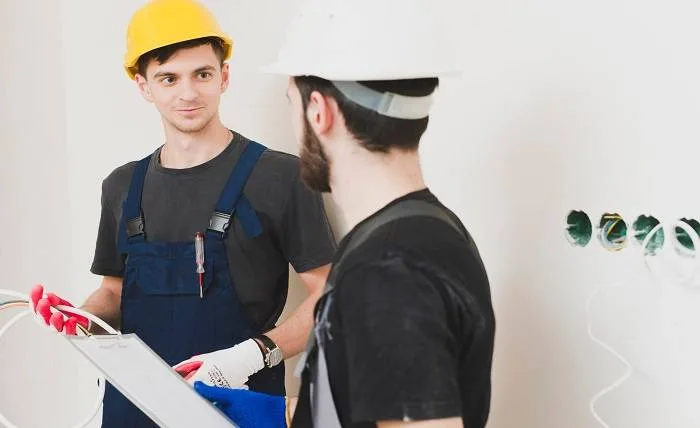Boilers play a pivotal role in heating systems for homes and businesses, providing warmth and comfort during colder months. When considering a boiler installation near me, it’s essential to carefully evaluate several aspects to ensure efficiency, reliability, and safety. Find below some vital aspects to consider when seeking boiler installation services.
Assessment of heating needs
Before diving into the installation process, it’s crucial to assess your heating needs. Consider factors such as the size of your property, the number of rooms, and your hot water requirements. A professional boiler installer will conduct a thorough assessment to determine the appropriate size and type of boiler that suits your specific heating demands.
Boiler efficiency ratings
Efficiency is a key factor in determining the long-term operating costs of your boiler. The efficiency of boilers is measured by Annual Fuel Utilization Efficiency (AFUE) ratings. AFUE represents the percentage of fuel converted into heat. Higher AFUE ratings indicate greater efficiency. Prioritize boilers with high AFUE ratings to ensure energy savings and reduced environmental impact.
Fuel type and availability
Boilers can be powered by various fuels, including natural gas, oil, propane, and electricity. The choice of fuel depends on factors such as local availability, cost, and environmental considerations. Evaluate the cost-effectiveness and accessibility of different fuel options in your area to make an informed decision that aligns with your budget and sustainability goals.
Installation costs and budget considerations
Understanding the overall cost of boiler installation is essential for budget planning. Request detailed quotes from multiple installation services, ensuring they include equipment costs, labor, and any additional materials or services. While it may be tempting to opt for the lowest cost, prioritize value for money by considering the reputation of the installation service, the quality of materials used, and the warranty provided.
Installer qualifications and certifications
Ensure that the boiler installation service you choose employs qualified and certified technicians. Boiler installation requires specialized knowledge and skills to ensure safety and compliance with industry standards. Look for installers who are licensed, insured, and certified by relevant industry organizations. Additionally, inquire about the installer’s experience with the specific type and brand of boiler you are considering.
Warranty and after-sales service
A comprehensive warranty is a testament to the confidence a manufacturer and installer have in their product and workmanship. Prioritize hvac companies that offer extended warranties, covering both parts and labor. Additionally, inquire about after-sales service and maintenance plans to keep your boiler operating efficiently throughout its lifespan.
Local building codes and regulations compliance
Boiler installation must comply with local building codes and regulations to ensure safety and legal compliance. A reputable installation service will be familiar with these codes and take necessary measures to meet or exceed them. Verify that the installer obtains the required permits and adheres to all relevant regulations in your area.
To conclude
Boiler installation is a significant investment in the comfort and efficiency of your heating system. By carefully considering these factors, you can make informed decisions that contribute to the long-term performance and reliability of your boiler. Taking the time to assess these vital aspects ensures that your boiler installation meets your specific requirements and provides optimal comfort for years to come.



